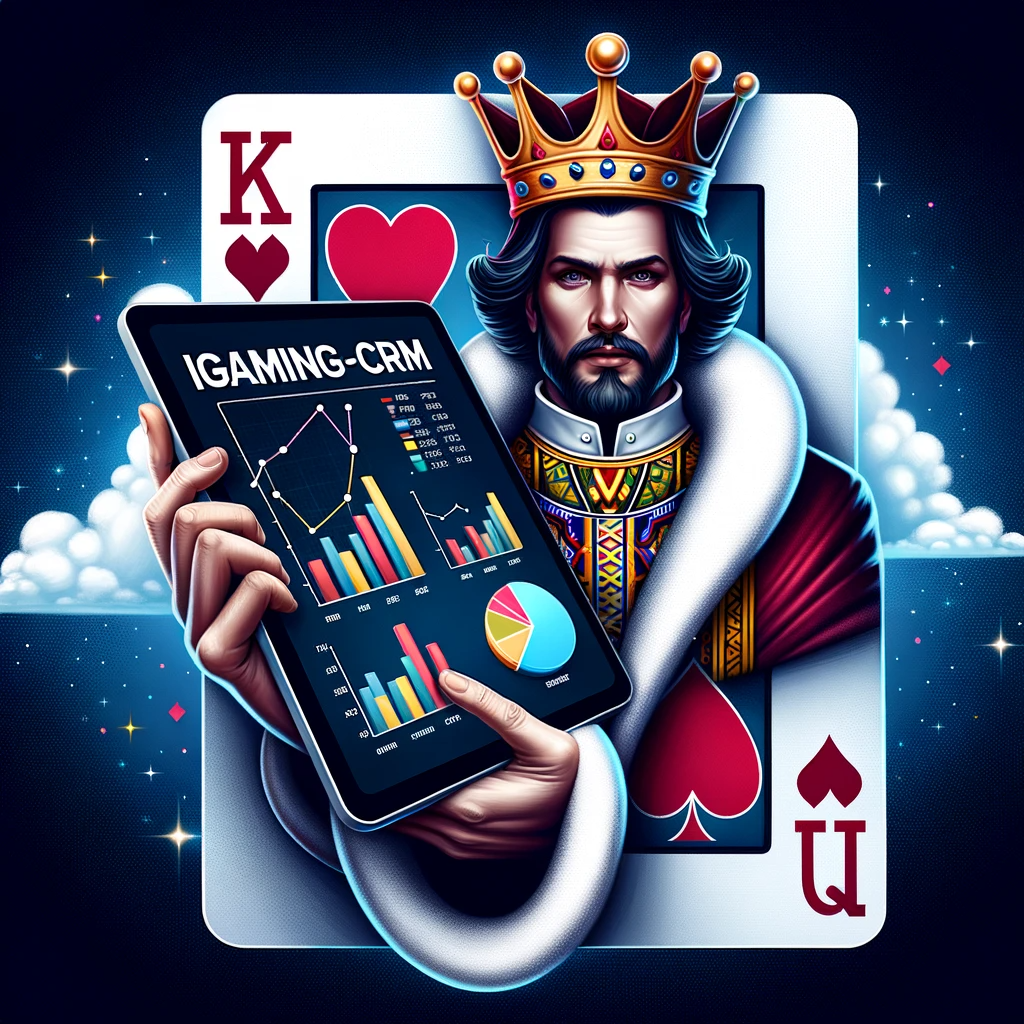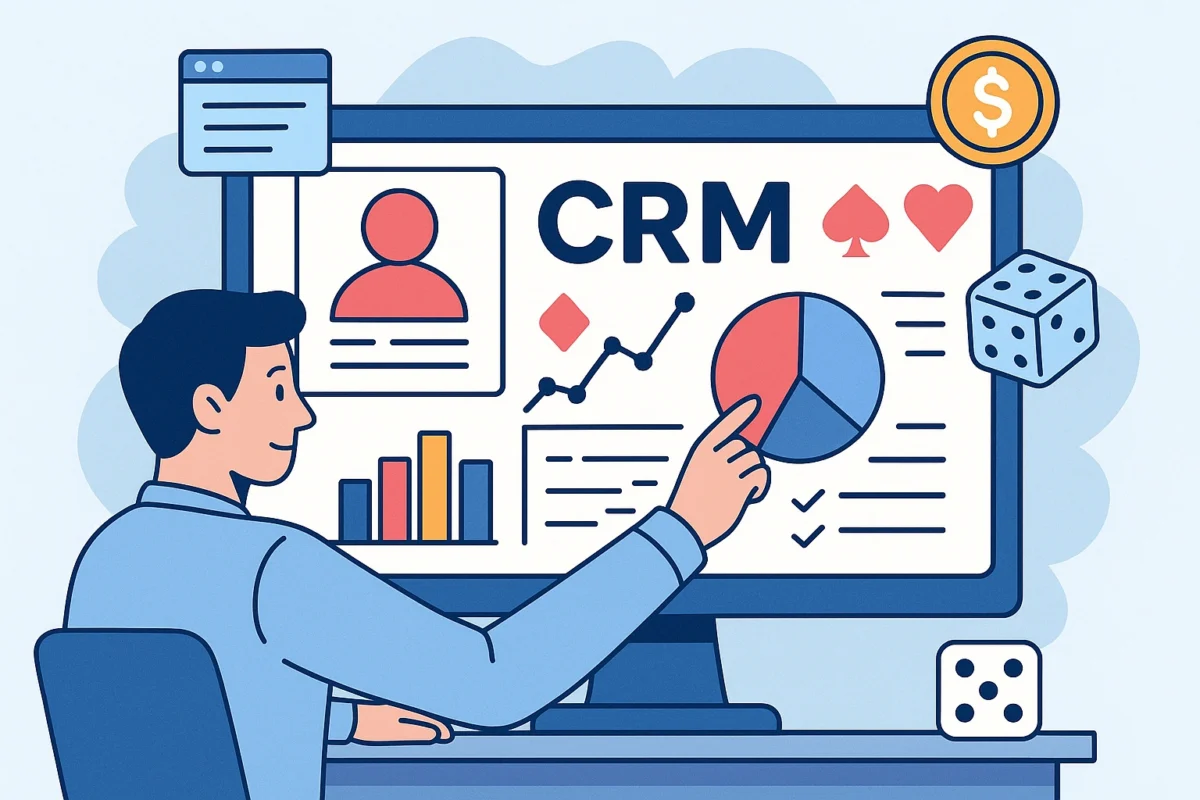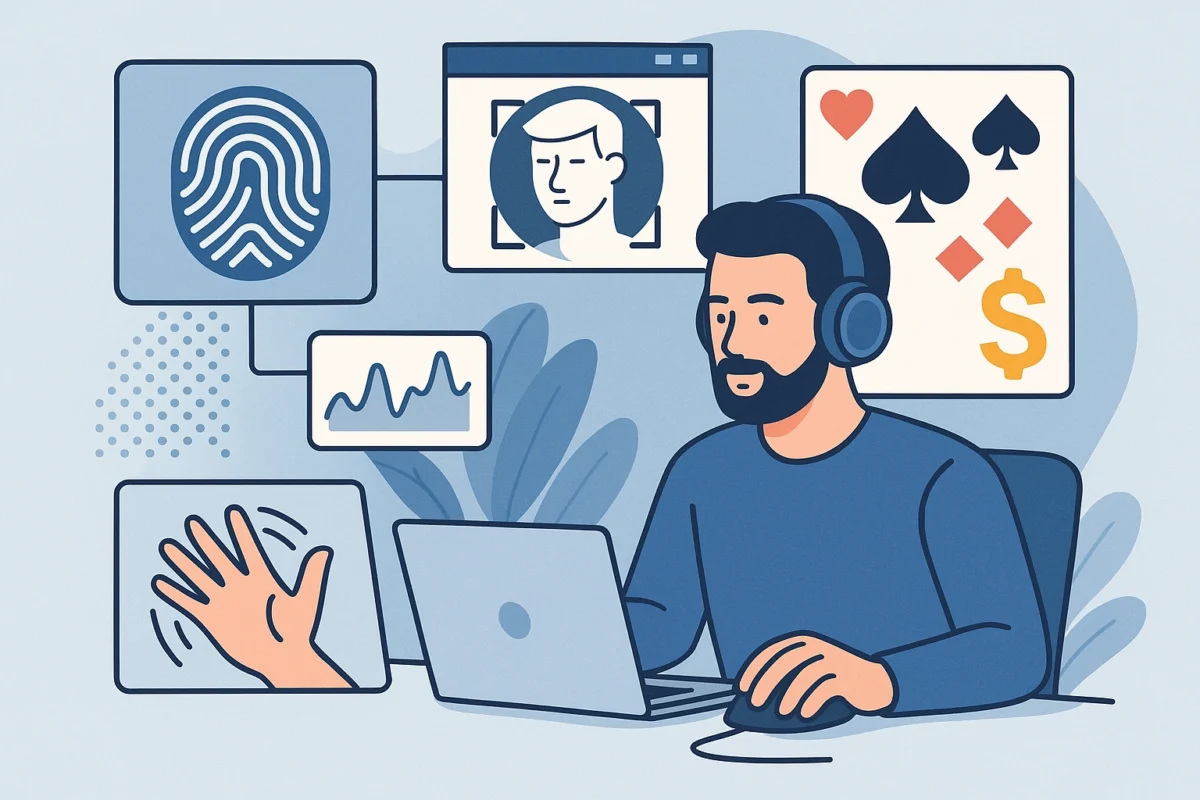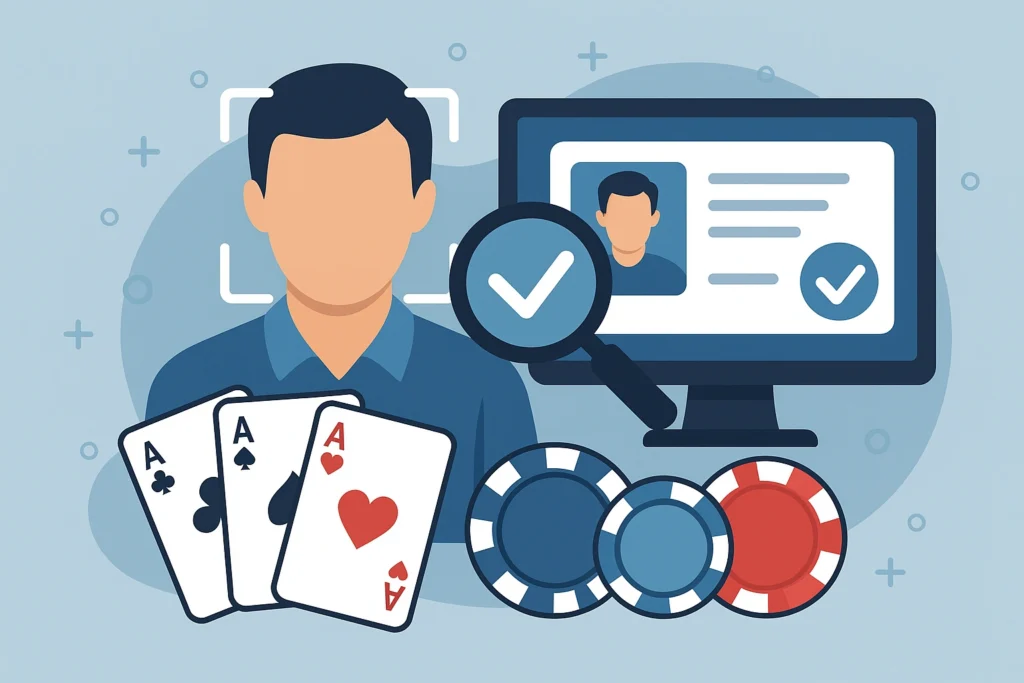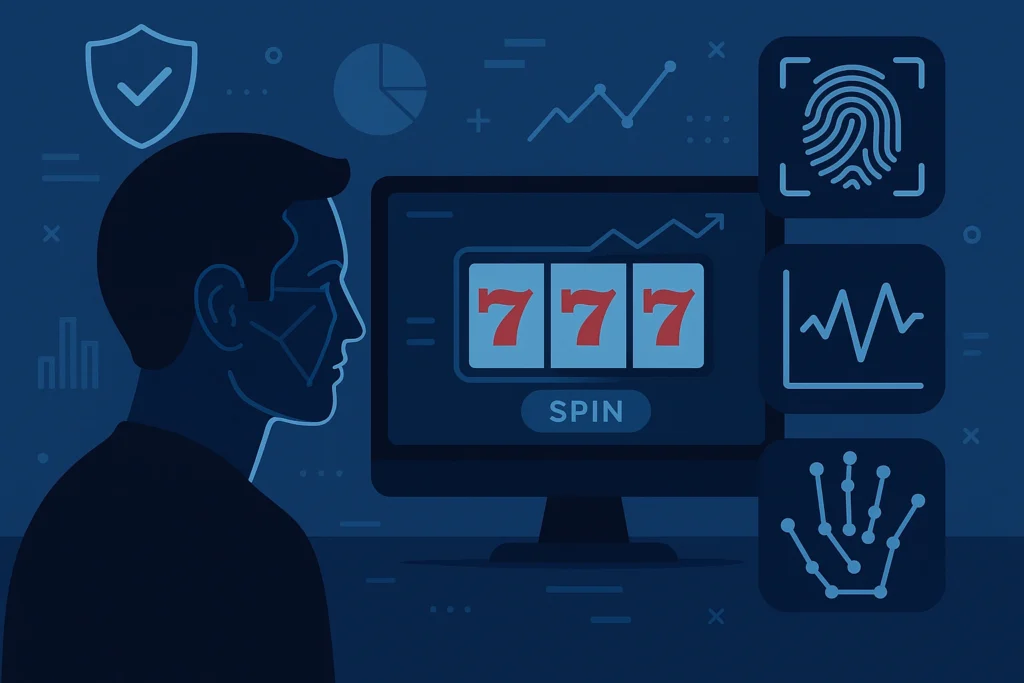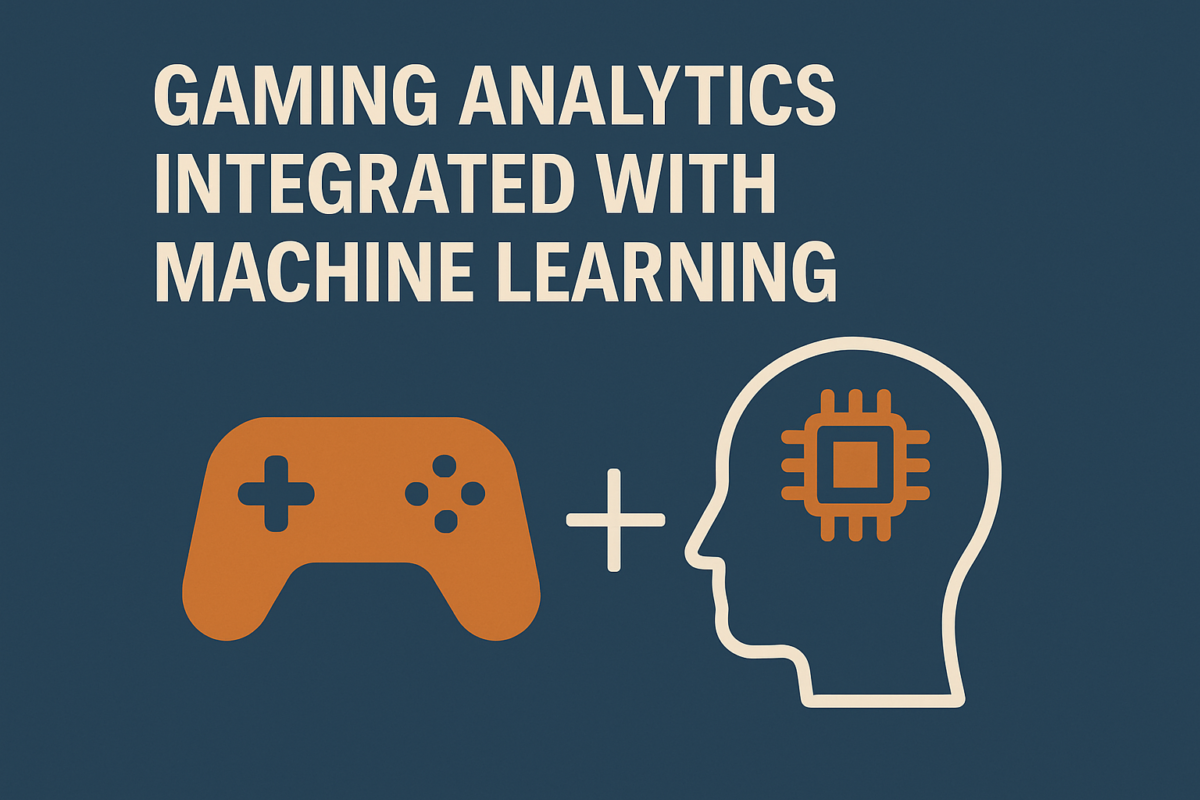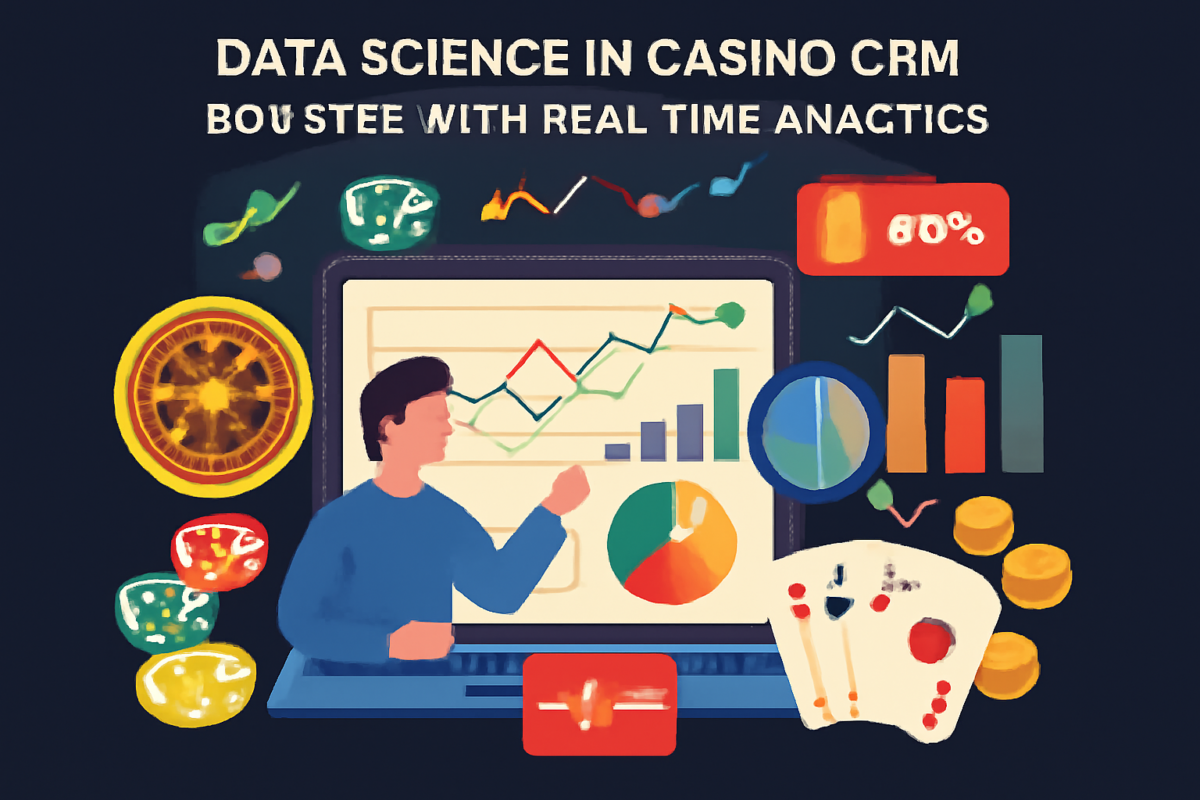AI-Driven Sentiment Analysis in CRM Tools for High-Stakes iGaming
In the world of high-stakes iGaming, where every win and loss counts, success hinges on a fragile balance of trust and player excitement. The key to keeping players from walking away is understanding their mindset. For years, standard CRM systems in gaming have focused on the numbers: how much players deposit, how often they play, and how much they spend. But these metrics tell only part of the story. They can’t tell you how a player feels, and that’s the missing piece. This is where AI-powered iGaming sentiment tools come in.
By analyzing player language, actions, and interactions as they happen, this new kind of CRM analysis goes beyond the numbers. It gives operators a real-time look into what players are feeling. With this deeper understanding, gaming companies can create smarter player groups and build dynamic loyalty programs and engagement strategies that truly connect with high-stakes players.
In this article, let’s see how AI-driven sentiment analysis within iGaming CRM software is changing the game.
What Is Sentiment Analysis in iGaming?
Sentiment analysis is the process of interpreting emotions and opinions expressed through words, actions, or even gameplay behaviors. In iGaming, this can mean tracking:
- Player chat messages in live games.
- Customer support tickets and complaints.
- Social media reactions about the platform.
- In-game decision patterns that suggest excitement, frustration, or boredom.
When integrated into a CRM gaming platform, this data helps operators classify players into emotional profiles and adapt strategies instantly. Instead of seeing a “high-value player” as just a number, systems can now recognize them as “high-value but at risk of churn due to frustration.”
Also See: The Role of Behavioral Biometrics in CRM-Based Player Segmentation
Why Sentiment Matters in High-Stakes Gaming
High-stakes players operate in environments where emotions run high, wins and losses have amplified impact. Ignoring sentiment leaves a gap in understanding loyalty triggers such as:
Trust Signals: Sentiment analysis reveals when players feel misled, undervalued, or dissatisfied.
Retention Drivers: Positive emotions like thrill, enjoyment, and belonging fuel long-term engagement.
Risk Management: Detecting negative patterns early reduces problem gambling risks and regulatory exposure.
By embedding gaming sentiment tracking into CRM systems, operators build strategies that are both profitable and responsible.
The Role of AI in CRM Sentiment Analysis
Traditional CRM could only track structured data—deposit amounts, time spent, withdrawal requests. But machine learning gaming models now allow systems to process unstructured data like chat transcripts, feedback forms, or social media posts.
Core AI Functions:
Natural Language Processing (NLP): Identifies emotion in written messages, detecting sarcasm, frustration, or excitement.
Behavioral Pattern Recognition: Monitors how quickly players switch games, how long they stay idle, or how betting size changes.
Predictive Modeling: Uses past emotional trends to forecast future engagement or churn risks.
Real-Time Alerts: Triggers CRM notifications when a player shows signs of dissatisfaction, prompting personalized outreach.
Through these features, AI gaming insights turn passive data into actionable engagement opportunities.
How iGaming Sentiment Tools Work in Practice
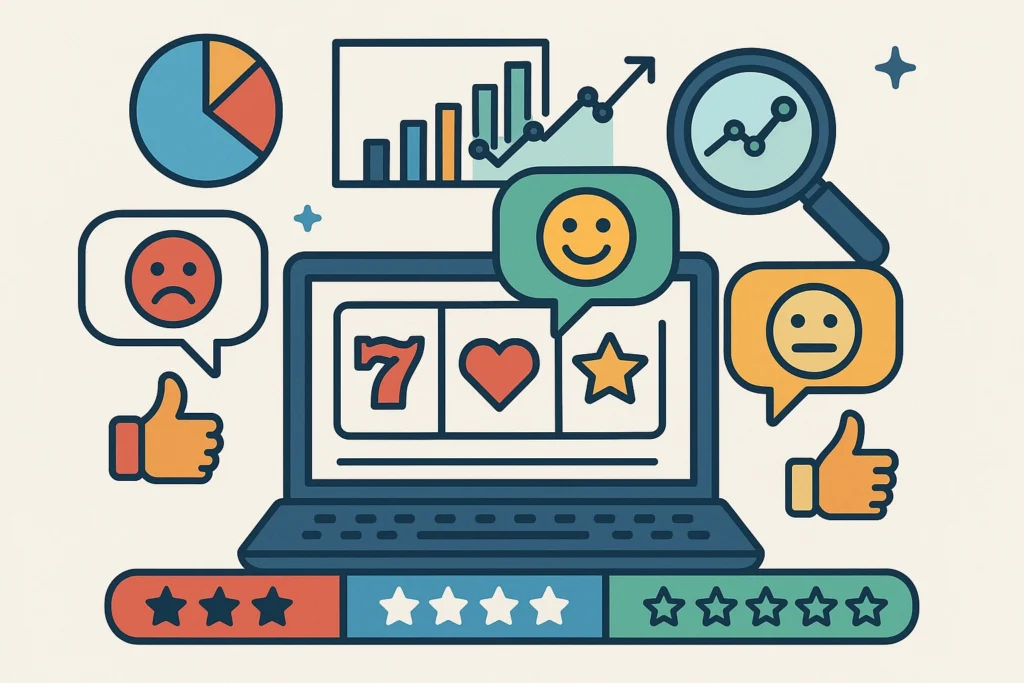
Step 1: Data Collection
CRM systems gather raw data: chat logs, transaction history, session times, and even biometric indicators from devices where available.
Step 2: Sentiment Classification
AI assigns labels like positive, neutral, negative alongside more nuanced states like “anticipation” or “disappointment.”
Step 3: Player Segmentation
High-stakes players are segmented not just by spend but by emotional profile:
- High-value + satisfied.
- High-value + frustrated.
- Low-value but highly engaged (potential to grow).
Step 4: Engagement Triggers
The system recommends or automates actions: bonus offers, loyalty rewards, or personalized messages through iGaming CRM software.
Benefits of AI-Driven iGaming Sentiment Tools in iGaming
1. Smarter Player Retention
iGaming loyalty AI ensures that rewards are not just financial but emotional. For example, a frustrated player may value timely support over a deposit bonus.
2. Real-Time Responsiveness
With real-time player analytics, operators can detect dissatisfaction during a session and intervene instantly.
3. Enhanced Risk Management
By spotting negative sentiment tied to erratic behavior, platforms can flag problem gambling risks early. This supports compliance and responsible gaming.
4. Personalized Player Journeys
CRM personalization becomes more refined—loyalty tiers, messages, and offers match the player’s mood, not just wallet size.
Also See: CRM Localization in iGaming
Challenges of Sentiment-Driven CRM in iGaming
Privacy Concerns: Handling sensitive emotional and behavioral data requires strict compliance.
Complex Emotion Detection: Sarcasm, humor, or cultural nuance can still confuse AI models.
Integration Barriers: Not all CRM platforms support advanced AI gaming insights out of the box.
Cost of Deployment: Building and training sentiment models requires upfront investment.
Yet, with CRM gaming software advancing, these challenges are increasingly manageable.
The Future of Sentiment Analysis in iGaming
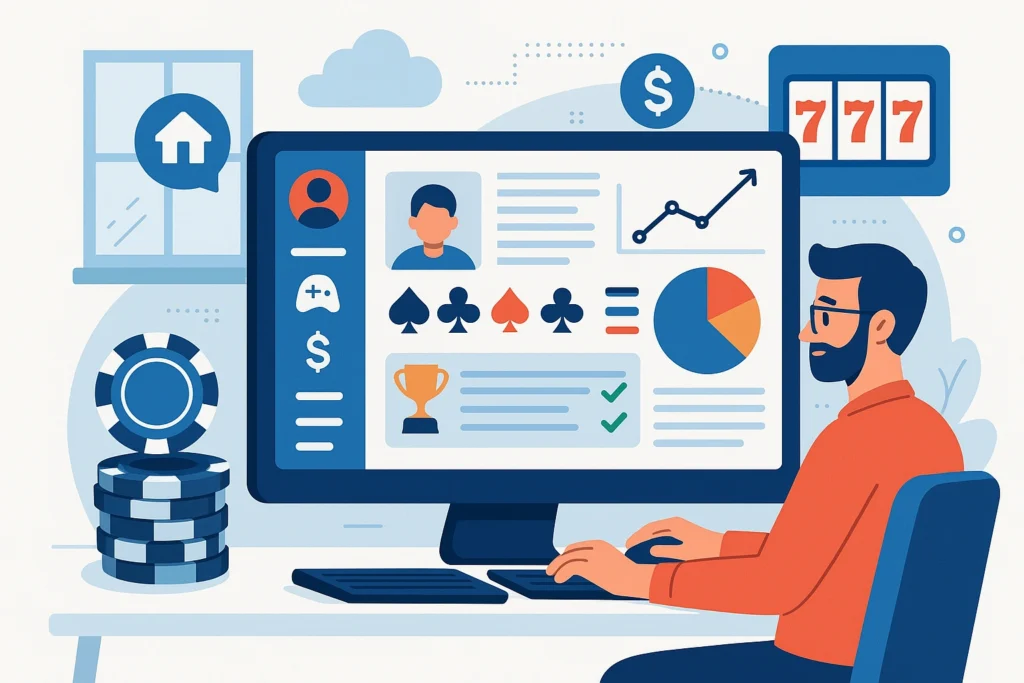
Predictive Loyalty Systems
Combining sentiment with spend history, platforms will anticipate when a player is about to churn and intervene proactively.
Multi-Channel Integration
Sentiment data will merge across chat, social media, and gameplay for a unified player view.
Human + AI Hybrid Models
While AI flags emotions, human CRM managers add empathy and context, creating more authentic player connections.
Industry Standards
Expect shared frameworks for gaming sentiment tracking to ensure fairness, transparency, and compliance across platforms.
Conclusion
When it comes to high-stakes online gaming, it turns out psychology is just as important as probability. AI-driven sentiment analysis changes that by instantly understanding how a player feels. By using these insights, operators can build smarter player segments, respond right in the moment, and create loyalty that actually lasts.
Machine learning helps CRM systems go from being static databases to powerful, dynamic tools for engaging players. For operators, bringing AI into their CRM isn’t just a competitive advantage; it’s about building real trust with players in an industry where feelings drive every bet.
FAQ: iGaming Sentiment Tools
What is sentiment analysis in iGaming CRM?
It’s the process of using AI to track and interpret player emotions in order to personalize engagement.
Why is it important in high-stakes gaming?
Because emotions drive loyalty, trust, and risk behavior more strongly when the stakes are higher.
What kind of data is used for sentiment analysis?
Chat logs, support tickets, social posts, gameplay behaviors, and transaction data.
Can sentiment analysis replace human CRM managers?
No. It enhances human decision-making but empathy and judgment remain vital.
How does it improve loyalty programs?
By aligning rewards with player emotions like timely support, recognition, or bonuses that feel personalized.
